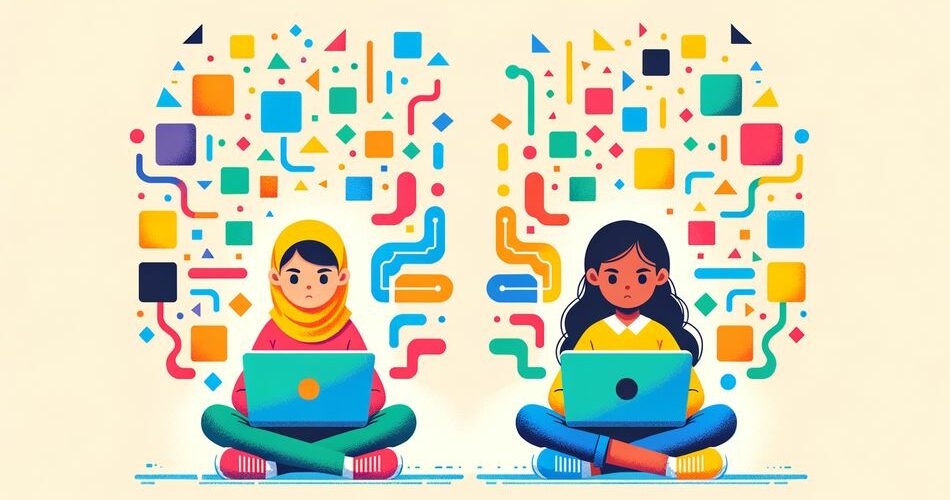In today’s digital age, concerns about excessive screen time are ever-present among parents. Many worry about how technology might be impacting their children’s social skills, physical health, and creativity. However, there’s a constructive and beneficial way to utilize this screen time: teaching kids how to code. Engaging kids in coding transforms passive consumption into active creation, nurturing both creativity and essential life skills.
The Importance of Learning to Code
Learning to code isn’t just about preparing children for jobs in the tech industry. It’s about teaching them problem-solving abilities, logical thinking, and persistence. Coding encourages kids to see challenges as opportunities to innovate. When kids learn to code, they’re not just playing games or watching videos—they’re building something from scratch, using creativity combined with analytical thinking.
Problem-Solving Skills
At its core, coding is a methodical process of solving problems. Kids learn to break down complex tasks into manageable chunks. This step-by-step approach cultivates patience and resilience. When faced with bugs or errors, children practice troubleshooting and critical thinking to find solutions.
Creativity and Innovation
Coding offers an outlet for creativity that is practically limitless. Whether designing a game, building a website, or developing an app, children can bring their wildest imaginations to life. Programs such as Scratch provide user-friendly platforms where kids can drag and drop commands to create stories, animations, and games, facilitating creative expression.
Effective Tools and Resources
There are numerous resources designed specifically for children to learn coding. Here are some recommendations:
Scratch
Developed by the MIT Media Lab, Scratch is a visual programming language aimed at kids aged 8 and up. It allows users to create their own interactive stories, games, and animations. Its collaborative online community fosters sharing and receiving feedback, adding a social dimension to the learning process.
Code.org
Code.org offers a wide range of interactive tutorials and learning modules suitable for various age groups. Its Hour of Code initiative introduces kids to the basics of coding through fun, hour-long projects featuring popular themes and characters.
Tynker
Tynker is a coding platform that offers self-paced online courses and coding challenges. It tailors its content based on children’s age and skill levels—ranging from block-based coding for beginners to real-world programming languages for more advanced learners.
How Parents Can Support Coding at Home
Parents might feel overwhelmed if they don’t have a background in technology. However, you don’t need to be a coding expert to support your child’s journey into programming.
Encourage Curiosity and Experimentation
Create an environment where your child feels comfortable asking questions and exploring new ideas. Encourage them to experiment and assure them that making mistakes is a part of the learning process. Celebrate their successes and milestones, no matter how small.
Set Realistic Goals and Provide Resources
Start with simple projects and set achievable goals. Use the variety of free resources available online and consider enrolling your child in coding clubs or summer camps to provide them with more structured learning opportunities.
Engage in the Learning Process Together
Take the opportunity to learn alongside your child. Not only does this show your support, but it also deepens your bond as you collaborate on projects and celebrate each other’s milestones.
Conclusion
Rather than viewing screen time as a purely passive activity, parents can pivot this time into a valuable, educational experience by introducing their children to coding. Coding nurtures problem-solving skills, creativity, and resilience—attributes that will benefit children throughout their lives. By leveraging resources designed for young programmers and fostering a supportive home environment, parents can help transform screen time into a gateway for innovation and growth.
Embrace coding as a modern tool for child development. Turn that screen time from passive consumption into an active, creative endeavor that equips your child with skills for the future.
At Growing Together, we aim to provide valuable resources to support your parenting journey. Discover more expert parenting tips and child development advice from newborns to teens.

